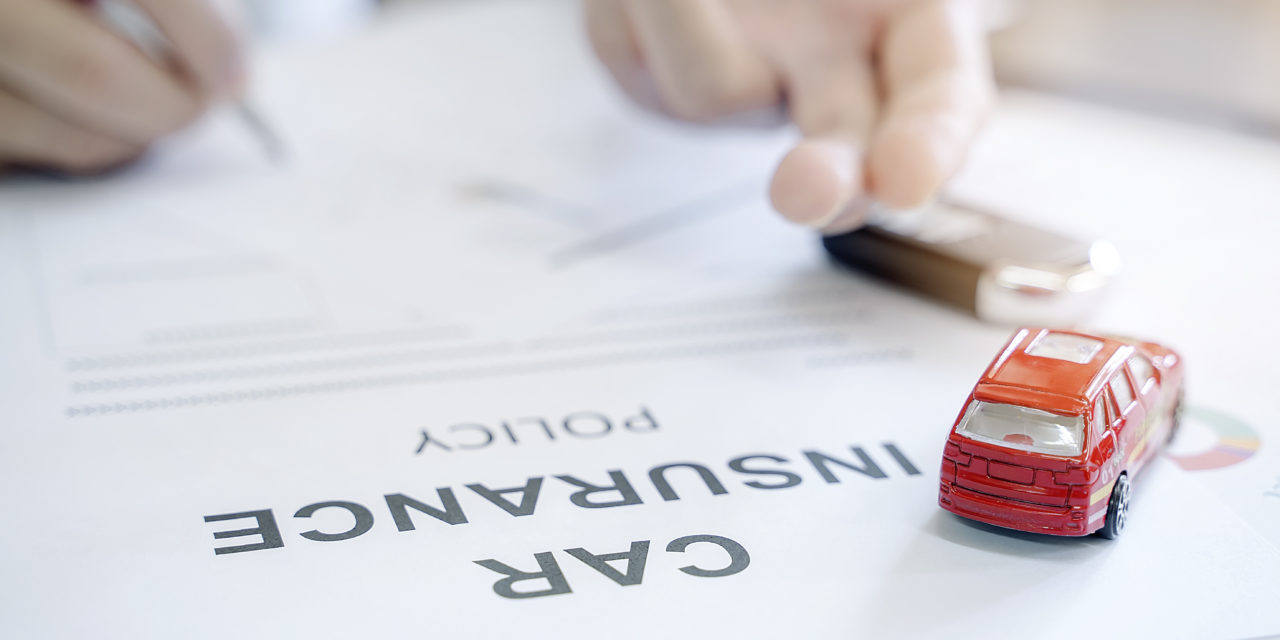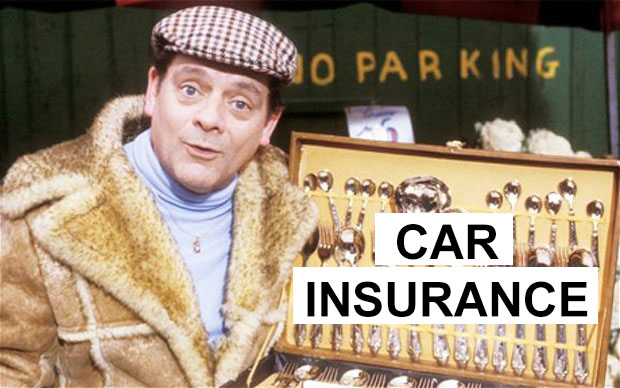Car insurance is a must for every individual as protection from damages and personal injury. Without any car insurance, if you get into an accident, you may need a huge amount of money to repair your car or replace it completely. It may also help you pay the bills of those who got into vehicular accidents with you. The proper car insurance will help cover you, your family, other drivers, and victims.
The law also requires it for those that operate any kind of vehicle. If you want to save money on premiums, it’s essential to understand what factors may increase your car insurance rates.
When thinking about getting auto insurance, it’s important to know the difference between total coverage and liability. Total coverage gives you the right to repair or replace your vehicle if it’s damaged. Liability coverage only gives you protection for damages done to other people’s property.
Of course, there are other types of coverage that you can get if you wanted to. This is only one of the basic things that influence your car insurance rates. Take a look at the other factors that can hike up your car insurance premiums:
- Your Age, Gender, and Location
The basic factors that affect auto insurance premiums are the driver’s age and location. The older drivers are thought to be less skilled and therefore have more accidents because they are considered to have less experience. Thus, younger drivers are more likely to get into accidents and charged higher insurance premiums.
Drivers in larger cities are also more likely to get into accidents or their cars stolen and vandalized and may get charged higher than someone who lives in rural areas or small towns. Gender also plays a role in determining car insurance premiums since men are supposedly more likely to file a claim, and women are less likely to do so.
- Your Driving Record
A driver with a clean record, withstanding other factors, may be eligible to get cheaper car insurance. Insurance companies may opt to investigate your driving history before they give you a motorist’s policy. If you have speeding tickets, a DUI violation, or are charged for distracted driving.
You can go here to read full article on the dangers of distracted driving, which may lead to higher auto insurance rates. Drivers that are required to get SR22 coverage may find their insurance costs higher than those without it. Behind-the-wheel activity, such as having an accident or getting a traffic ticket, can have a direct negative effect on your auto insurance premiums. The more traffic tickets you have accumulated, the higher your rates will be.
- Your Choice of Vehicle
Younger drivers, or those who have a poor driving record, will find that they pay higher premiums on their insurance because they are considered to be higher-risk drivers. But the type of vehicle you drive also influences your auto insurance rates.
Getting a new car isn’t necessarily going to raise your insurance costs because modern cars have safety features and parts that are easily replaced which makes them less costly to insure. People who drive expensive sports cars and foreign brand automobiles tend to pay a higher premium.

5 Factors That Increase Your Car Insurance Premiums
- Your Insurance Coverage
There are many types of coverage available, and each car insurance provider may offer you slightly different options. Some insurance companies will only cover you for damages incurred during an accident, but if you opt for other add-ons, your premiums may go higher.
Liability insurance is the most basic form of auto insurance coverage and is required by law in most areas. It’s also the most affordable form of coverage and should be your first choice when it comes to shopping for auto insurance coverage. Collision policies and comprehensive policies all have different features and related costs.
- Your Claims History
Your claims history may impact your applicable auto insurance rates. If you’ve made claims in the past five years or if you’re currently on a limited-time policy, you may pay higher insurance rates than those with a no-claims bonus. Insurers may connect your claims history as the possibility of future claims. For this reason, you should plan to make sure you’re taking advantage of your no claims bonus as much as possible.
Takeaway
The above-mentioned are just a few of the many factors that affect auto insurance rates. It’d be wise to do some research on the subject before choosing an auto insurance policy. In addition to the factors discussed above, other things can affect your premiums. Some factors are in your control, while others are not.
Remember that there are things that you can do to help lower your premium. Be sure that you thoroughly understand the type of coverage that each company offers you. Then, based on the information that you have learned, you can easily select a company with the best coverage for your needs.







